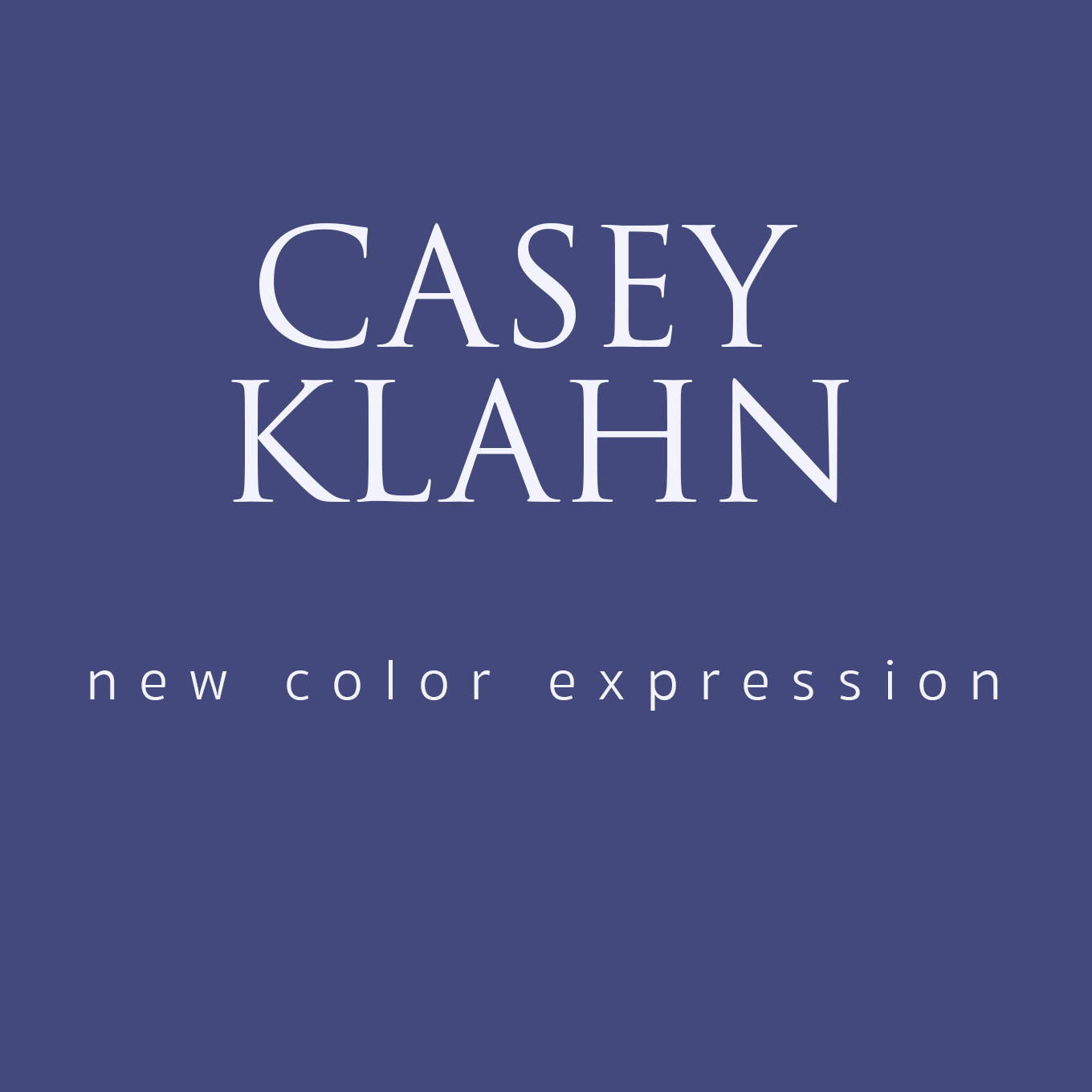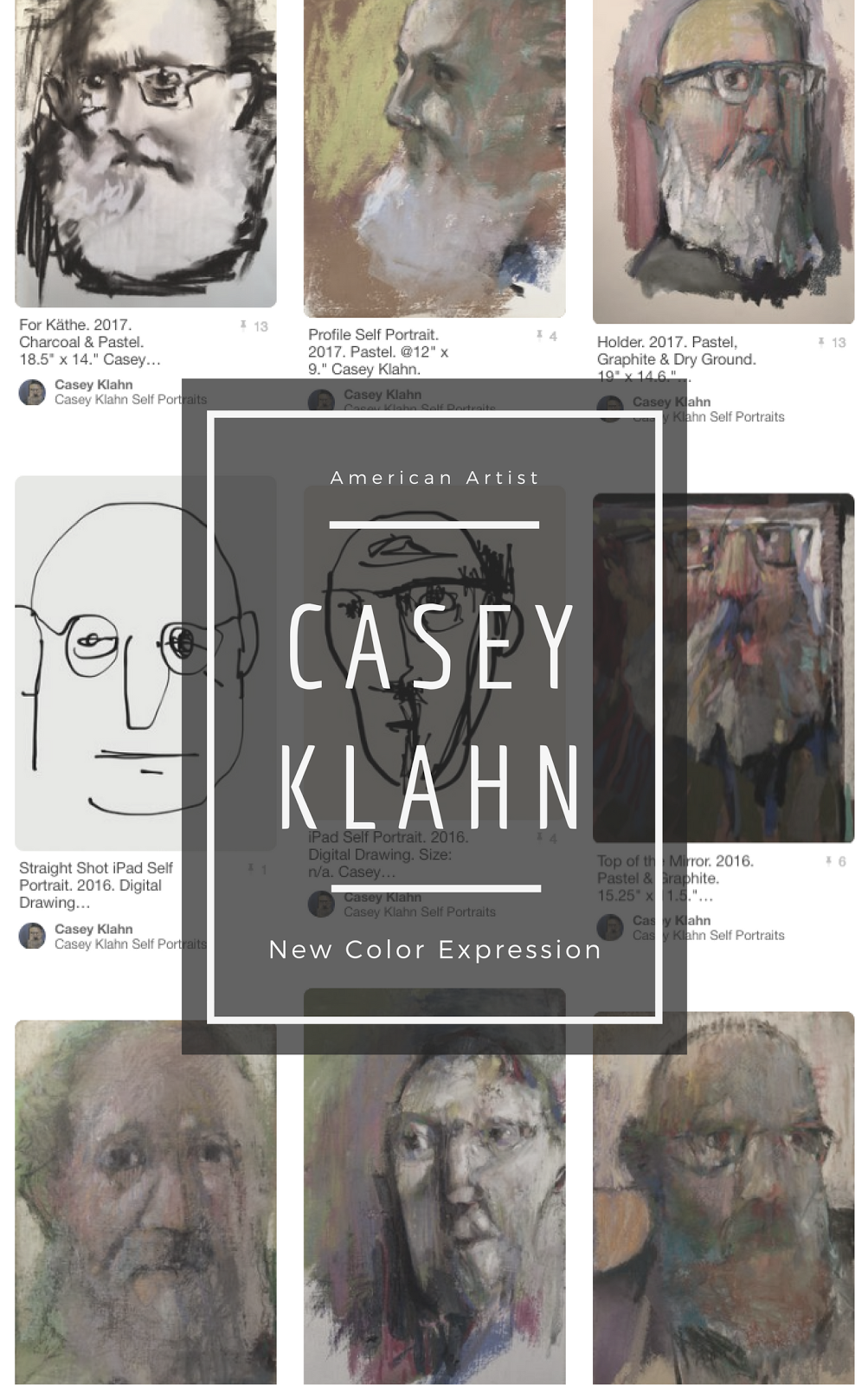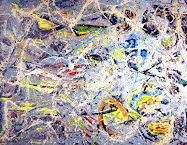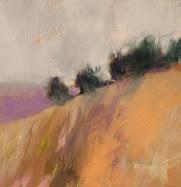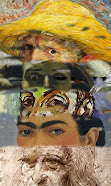The Big Drawing Book Review will be going on in October. I am early, being an overachiever by nature. Not really, I just had it in my mind that I had to have this done before the end of September!
In reviewing my drawing book, I chose the first one I could think of: Wolf Kahn Pastels. It is hard to create a format for a review about a book which has very little format, itself. It is a series of petite essays that have titles like:
Dry, and
Celebrating a Single Color, or
Bright Orange.

Kahn certainly has the heart of a teacher, himself. It comes through in his writing, and you can just picture him in a workshop or seminar imparting his wisdom to his acolytes. Much of his subject matter is about art as art. And he isn't pretentious about it, either. He is just genuine - true to himself and his own motives about making art.
I find myself in virtually complete agreement with him about art matters. He doesn't get on a soapbox about these great issues, but he parlays about them in a conversational manner. For instance, in his chapter on
The C&O Canal, he takes a shot at the art historians who deconstruct artworks to find the hidden motives of the artist. But, he does it in the wryest way possible.
It is a sure sign that his book is effective, as I find in my second full read of it that I want to go into my studio and start creating pastels that ooze the stuff that I have absorbed by looking intently at his drawings. How much I missed the first time! How great it is to have a little more context myself in order to better understand what he is talking about!
Read it. Re-read it. Do some pastels (even if you don't consider yourself an artist!). Write your own essays about your art. The next level? Make a colored drawing with the subject in the very middle. Paint a painting with some (much) of the ground showing through. Instead of hatching, choose scribbling. Start with high key orange.
The following is an interview that WK had in a venue called, "Artist's talk About Art", in which he addresses the subject of art, and I focus on his comments about the
Pastels book.
November 7, 2003
Dialog between Wolf Kahn and Donna Marxer, "Wolf Kahn's America"
WK I tried to write a "how to" book with metaphysical pretensions. (Kahn is speaking about his Pastels book, here-Casey)
DM What makes a great painting? That's a hard question.
WK You’ve got to somehow be going after something which finally is violated in your picture, because your picture goes much further than the thing that you tried to make. I say that somewhere unless a picture has ten times as much as the artist consciously put into it, it’s not even made by an artist . . .
I think each great painting has its own attribute. I think it is a mistake to generalize. In fact, most teaching I'm against. And in my pastel book, I have a section called "Composition" and I say that composition in my lexicon is a dirty word. Because it presupposes an ideal painting that exists somewhere and which all the laws that the teachers are teaching are exemplified. For example, "Can't cut off a corner." "You can't cut off a painting in half in the middle." "There's got to be a center of interest." And all this bullshit that gets taught. And I think the whole idea of an ideal painting that exists in some kind of imperiun is a mistake. Like, as soon as I heard that you can't cut off a corner, I immediately made a painting that cut off a corner. Because our perversity has to be satisfied. It is very important to satisfy our perversity. Because we don't want to be hemmed in; we don't want to be put into confining fences and most art teaching has to do with fences, for example, you read the Pastel Journal. I mean the lady who runs it is very nice and she even gave me a good review for my pastel book and I shouldn't speak against that magazine but hovering in the back of everybody's mind in that magazine is the idea that there is such a thing as a perfect pastel that you have to make in which the shadows are just the right colors and the mood of the landscape is exemplified and so on. I think all of these things come secondarily, you know, they come out of you doing the best you can on some kind of a wild goose chase. I think art is a wild goose chase. I just came up with that now. (Laughter)
http://www.atoa.ws/sales/kahn.htmBook:
 Wolf Kahn Pastels
Wolf Kahn PastelsWolf Kahn, Intro by Barbara Novak
2000
Harry N. Abrams Books, NY
Random Link:
Be prepared to have your mind blown. Follow this
link to a Little Rock, Arkansas high school lesson plan based on Wolf Kahn's pastels. Don't stop before you have paged to the bottom and seen the student results that are posted.
 Starbucks @ "The Y", Spokane
Starbucks @ "The Y", Spokane






















